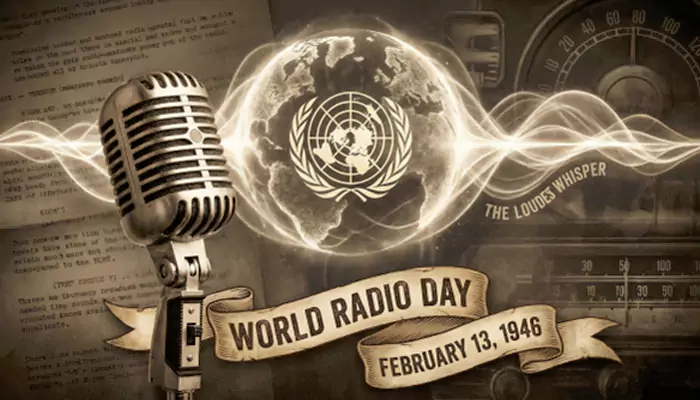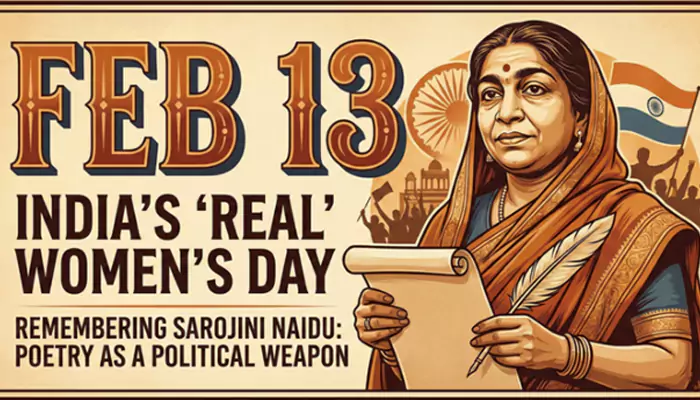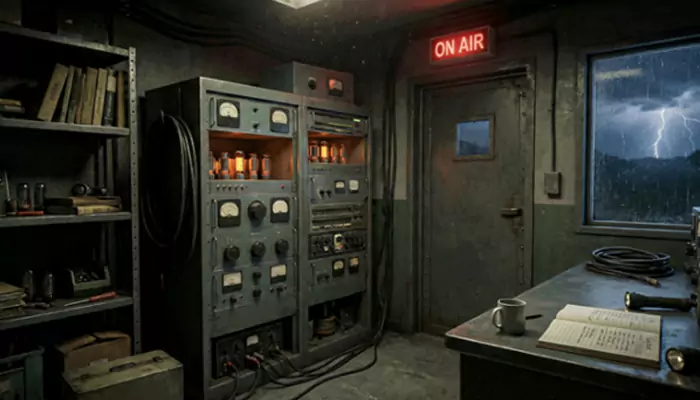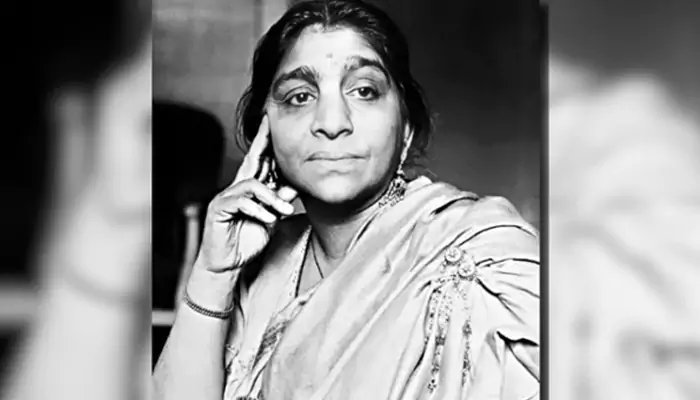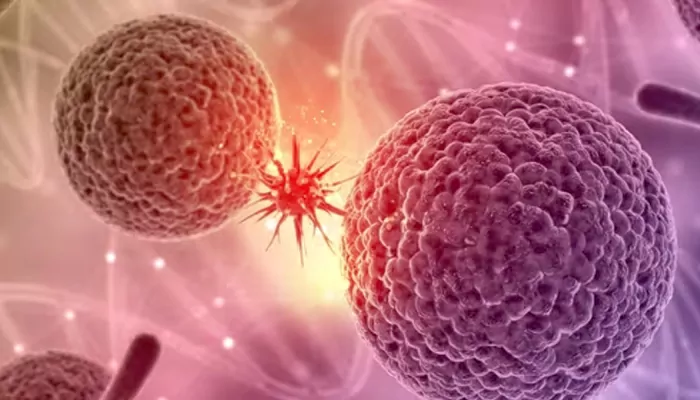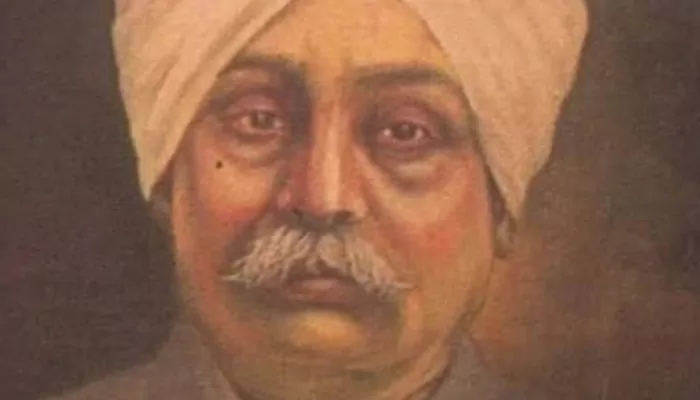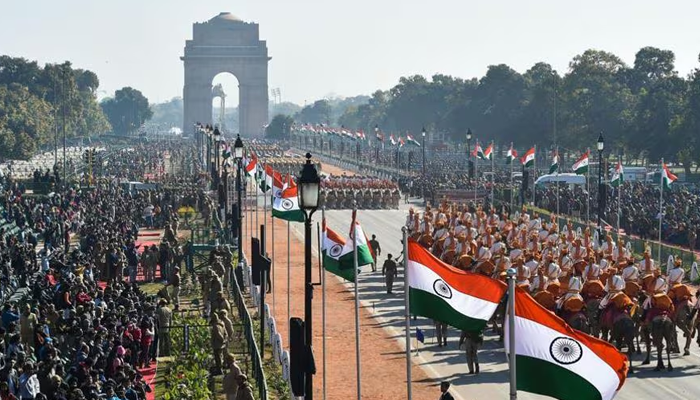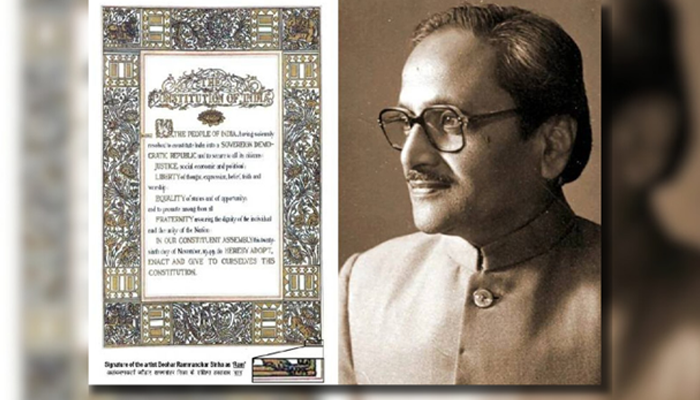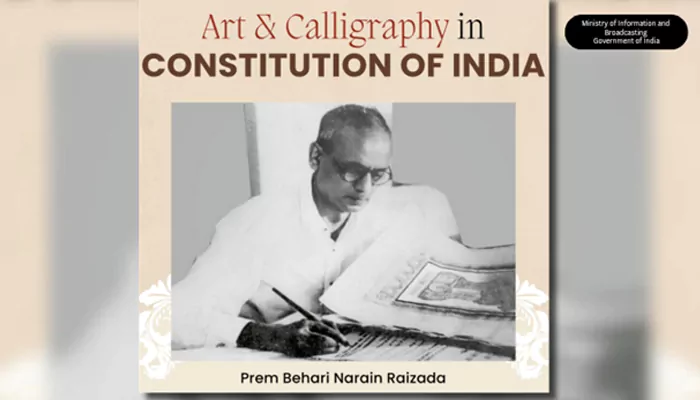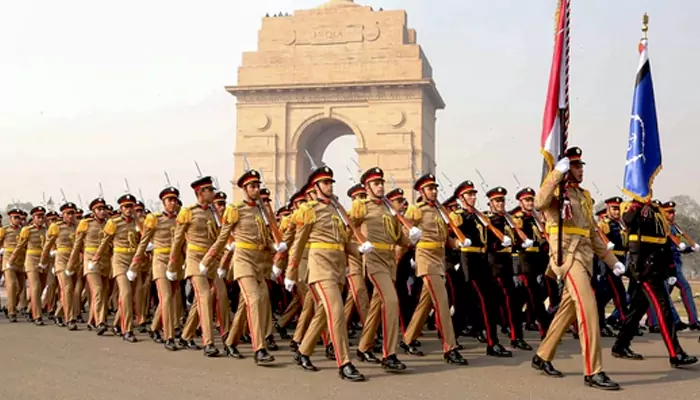On This Day - APJ Abdul Kalam’s Death Anniversary: A Look at The Missile Man's Journey to Becoming People's President
- Admin
- 2 years ago
- 3 minutes read
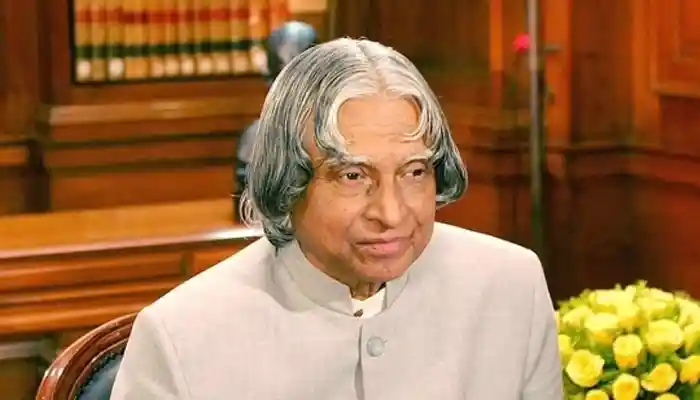
He served as the President of India from 2002 to 2007.
"Look at the sky. We are not alone. The whole universe is friendly to us and conspires only to give the best to those who dream and work." - said Kalam in one of his speeches.
APJ Abdul Kalam is a name that almost everyone (from kids to grown-ups) across India is familiar with. Known as the Missile Man of India, Kalam was an ace aerospace scientist who brought a revolution to India's civilian space program and military missile development efforts. He was instrumental in the development of ballistic missile and launch vehicle technology and played a significant role in India's Pokhran-II nuclear tests in 1998.
Kalam is widely hailed as one of the most influential figures in India's modern history. He became the 11th President of India and served in the position from 2002 to 2007. He was admired by all, and went ahead to be known as the "People's President".
On the 15th of July back in 2002, the polling for the presidential election (in which APJ Abdul Kalam had an easy victory) began in Parliament and the state assemblies.
Today, on Kalam’s death anniversary, let's have a look at his journey from being the Missile Man to becoming the People's President.
APJ Abdul Kalam - From Missile Man to The People's President
Kalam joined the DRDO (Defence Research and Development Organization) in 1960 as a scientist. He was transferred to the Indian Space Research Organisation (ISRO) in 1969 where he served as the project director of India's first Satellite Launch Vehicle (SLV-III). Between the 1970s and 1990s, he developed the Polar Satellite Launch Vehicle (PSLV) and SLV-III projects.
He became known as the "Missile Man of India" for his contribution to India's missile program as the leader of the Defense Research and Development Organization (DRDO).
On June 10, 2002, he was nominated by the National Democratic Alliance (NDA) for the post of President. His candidacy was backed by both the Samajwadi Party and the Nationalist Congress Party.
He filed his nomination papers in the Indian Parliament on June 18. The polling for the presidential election began on July 15, and the count was held on 18 July.
Kalam won the election with an electoral vote of 922,884. During his term as president, he tried his best to transform India into a developed nation. He was loved by everyone across the country, standing as an inspiration to "achieve the unachievable". Thus, he was affectionately known as the "People's President".
The great man breathed his last on July 27 back in 2015 due to cardiac arrest. But the legacy he left behind is alive in people's minds even today.

